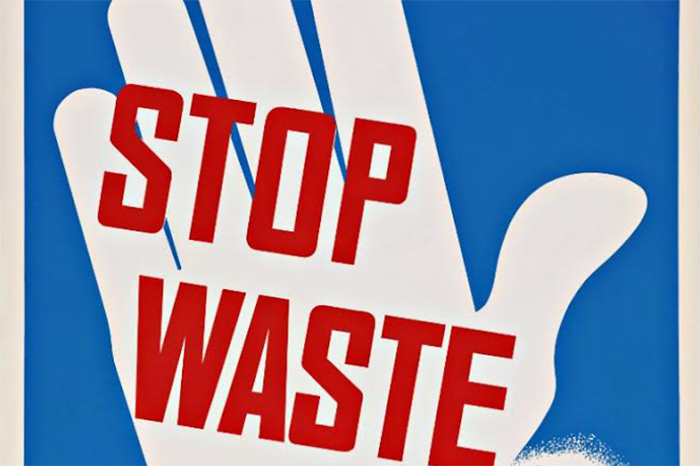In interviews, the Beatles said that they worked in close to slavery conditions in their early years. The producer demanded one solid recording each morning, and one each afternoon. They were not yet rich and needed the work. They had no options other than to produce. In the interviews, they say that later, when they were rich and famous, they custom-designed their own “perfect studios” and had control over their time. They then point out that their greatest work was done in those early years, and not much came from the era when they had their “dream” setup.
I teach and preach entrepreneurial thinking around the globe. I have come to realize that one core point that I may underemphasize is the “conservationist” nature of entrepreneurial thinking: getting the most bang for the buck. Valuing each and every resource, avoiding waste at every turn.
For us entrepreneurs, it comes naturally and often not from choice. But it does not always come naturally to large organizations, from business corporations to non-profits, universities, and government agencies.
My own rule when I start a business is that I should usually be able to deliver twice the quality of existing competitors at half the cost. When competing with large, established organizations, this is almost always the case.
Much of the great work done by mankind has come under severe “constraints.” Being low on cash or time is the ultimate mother of invention.
The entrepreneurial mind has little patience for paperwork, process, time wasting, and too many layers. We must move fast and be ever agile.
In large organizations, systems and processes have been set up to achieve the organizational goals and to keep tabs on everything. But many of those systems have been in place for years, without a second thought or serious review. There was no “sunset clause” when they were created. The entrepreneur thinks, “Isn’t there a faster way to do this? A less expensive way?” Time is our most valuable and perishable resource, so spending time is like spending money.
Often, the people inside these organizations can list the bottlenecks and trouble spots. Or their customers, suppliers, and other “stakeholders” know what and where the frustrations are.
Even large organizations can be entrepreneurial. In my 40 years of observing Walmart, I have watched a small company grow big but continue to innovate and experiment, often in the tiniest of retail details. At one presentation, they talked about how imperative it was for their 18-wheelers to get better gas mileage. Just one mile per gallon improvement meant millions of dollars to them. But they had to talk hard to convince the truck makers that it was worth the work and investment. Walmart is a company dedicated to conservation of resources.
Costco, UPS, and Southwest Airlines are also examples of companies which are very lean in their heart, and which deliver outstanding customer value, at the same time they generally pay extraordinary wages for their industry. It is more about the number of people than about how well they are paid. Five outstanding performers can do the work of twenty people who are watching the clock and following procedures and policies.
After September 11, 2001, the large “legacy” air carriers were laying off employees by the tens of thousands. Southwest laid off no one, although some hours were reduced and workloads shared. When asked why they did not have to lay off anyone, CEO Herb Kelleher said, “We never hired all the excess people in the first place.”
This is more than just cost control. It is a mindset, impatience with things that slow us down and cost more. There is almost always a more efficient and productive way to do everything we do. The technologies and web services available these days do much to help – are you up on the latest tools available to you and your organization?
Most important of all, does this policy or procedure really help you achieve your organization’s foremost goals, its mission, its purpose? If you say yes, then ask again and again. Being productive requires the willingness to be brutally honest about your organization, being willing to talk about it, and willing to make changes. Often you will need to go outside the organization to evaluate your own efficiency and opportunities clearly.
Can you save time, money, effort, water, paper, electricity, paperwork, space, suppliers’ time, mental energy, or any of the other scarce and valuable resources that you use each day in achieving your purpose?












